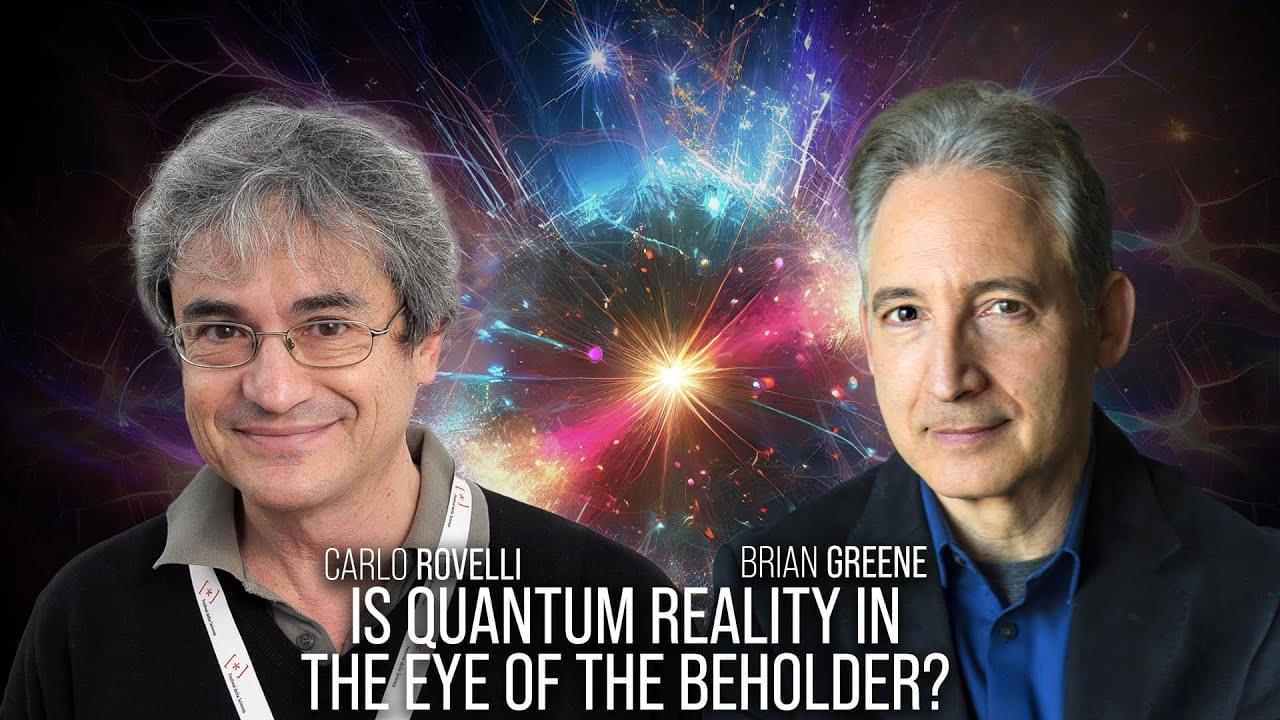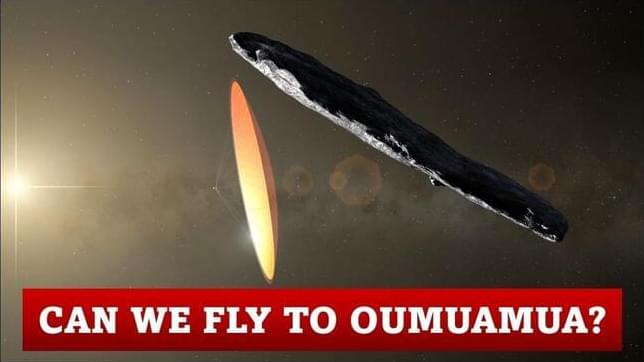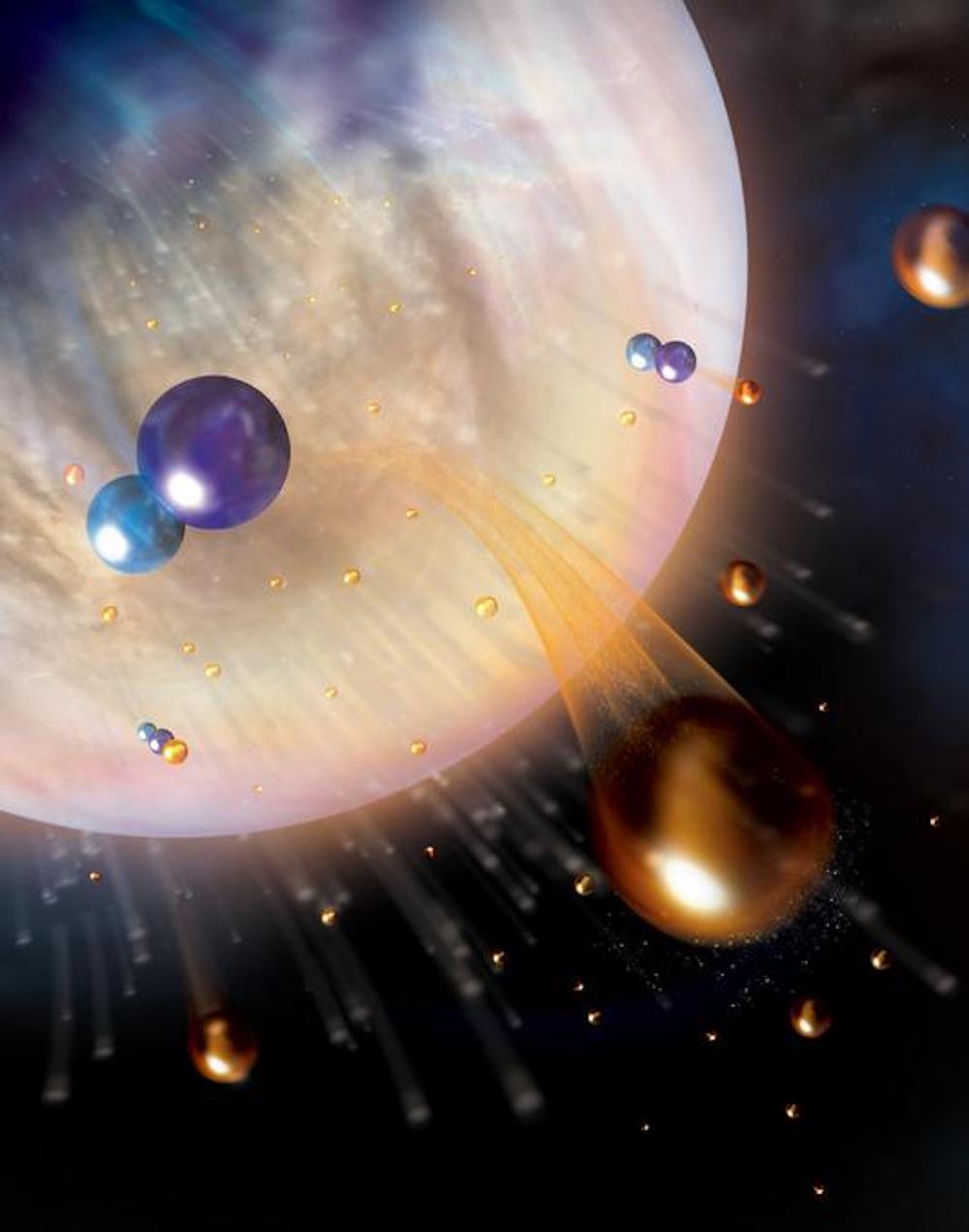May 8, 2024
Strictly no dancing
Posted by Dan Breeden in categories: biotech/medical, quantum physics
Since the discovery of quantum mechanics more than a hundred years ago, it has been known that electrons in molecules can be coupled to the motion of the atoms that make up the molecules. Often referred to as molecular vibrations, the motion of atoms act like tiny springs, undergoing periodic motion. For electrons in these systems, being joined to the hip with these vibrations means they are constantly in motion too, dancing to the tune of the atoms, on timescales of a millionth of a billionth of a second.
But all this dancing around leads to a loss of energy and limits the performance of organic molecules in applications like organic light emitting diodes (OLEDs), infrared sensors and fluorescent biomarkers used in the study of cells and for tagging diseases such as cancer cells.
Now, researchers using laser-based spectroscopic techniques have discovered ‘new molecular design rules’ capable of halting this molecular dance. Their results, reported in Nature (“Decoupling excitons from high-frequency vibrations in organic molecules”), revealed crucial design principles that can stop the coupling of electrons to atomic vibrations, in effect shutting down their hectic dancing and propelling the molecules to achieve unparalleled performance.


















